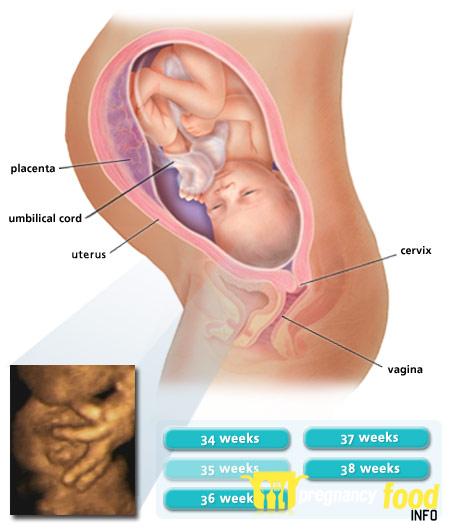How Big Is a Baby at 4 Months? Depending on where you live and the climate you live in, the size of your baby at 4 months of age will vary. If you are not sure, you should consult a doctor. If your baby is not growing, you should consider whether you are allowing your child to gain weight or if you need to find a different activity for him to do. You should also look into your baby’s diet. If you find a diet is not helping him grow, you should speak to your doctor about other alternatives.
Prenatal care for babies
Taking care of your baby while he or she is still in the womb is no easy feat, but prenatal care can help make the process a little bit easier. During a prenatal visit, your healthcare provider will check your baby’s growth, listen to his or her heartbeat, and give you tips on how to care for him or her at home.
A prenatal visit will also allow your doctor to see if you are at risk for certain health conditions. These include gestational diabetes and preeclampsia, which are types of pregnancy-related high blood pressure. These conditions can be treated early, so your doctor will be able to help you avoid having to deliver your baby early.

Fetus development
During the fourth month of pregnancy, the fetus is beginning to develop a complete set of organs and muscles. This includes the digestive tract, nervous system, and kidneys. It also includes an organ called the placenta, which transfers waste and nutrients from the mother to the fetus. If you want to learn about How Big Is a Baby at 15 Weeks, you can click on it for answers and more info.
The fetus is developing at an astonishing rate, with 250,000 neurons forming a minute. The brain is also starting to develop. This is the time that fetuses start making blood. The fetus will also start developing other organs, including the kidneys and the spinal cord.
The fetus will also develop hair. A fine hair called lanugo will begin to grow.
Hydration for babies at 4 months
Keeping your baby hydrated is crucial to your baby’s health. Your baby can be dehydrated for a variety of reasons, and you should know the signs and symptoms to be able to prevent them.
One of the most common causes of dehydration in babies is vomiting or diarrhea. Your baby will lose more fluids than they take in, so they will need extra fluids. You can help your child rehydrate by keeping a close eye on their urination. If they go more than 8 hours without urinating, they may be dehydrated.
A doctor may prescribe an anti-vomiting medicine, or recommend a liquid to replenish electrolytes. If you choose to use an oral rehydration solution, you can buy one without a prescription. It will contain the right amount of salt and sugar to keep your child hydrated.
Vitamin B6 and Folic Acid (Vitamin B9)

Getting adequate amounts of vitamin B6 and Folic Acid (Vitamin B9) during your pregnancy is important to the health of both you and your baby. Both vitamins play important roles in the growth of your baby’s cells. Taking a vitamin B complex may be necessary if you are deficient in either vitamin.
Folic Acid (Vitamin B9) is an essential B vitamin that is vital for the proper development of your baby’s brain and spine. It also aids in the formation of your baby’s DNA. If you do not get enough folic acid, you may be at risk for having a baby with serious birth defects.




